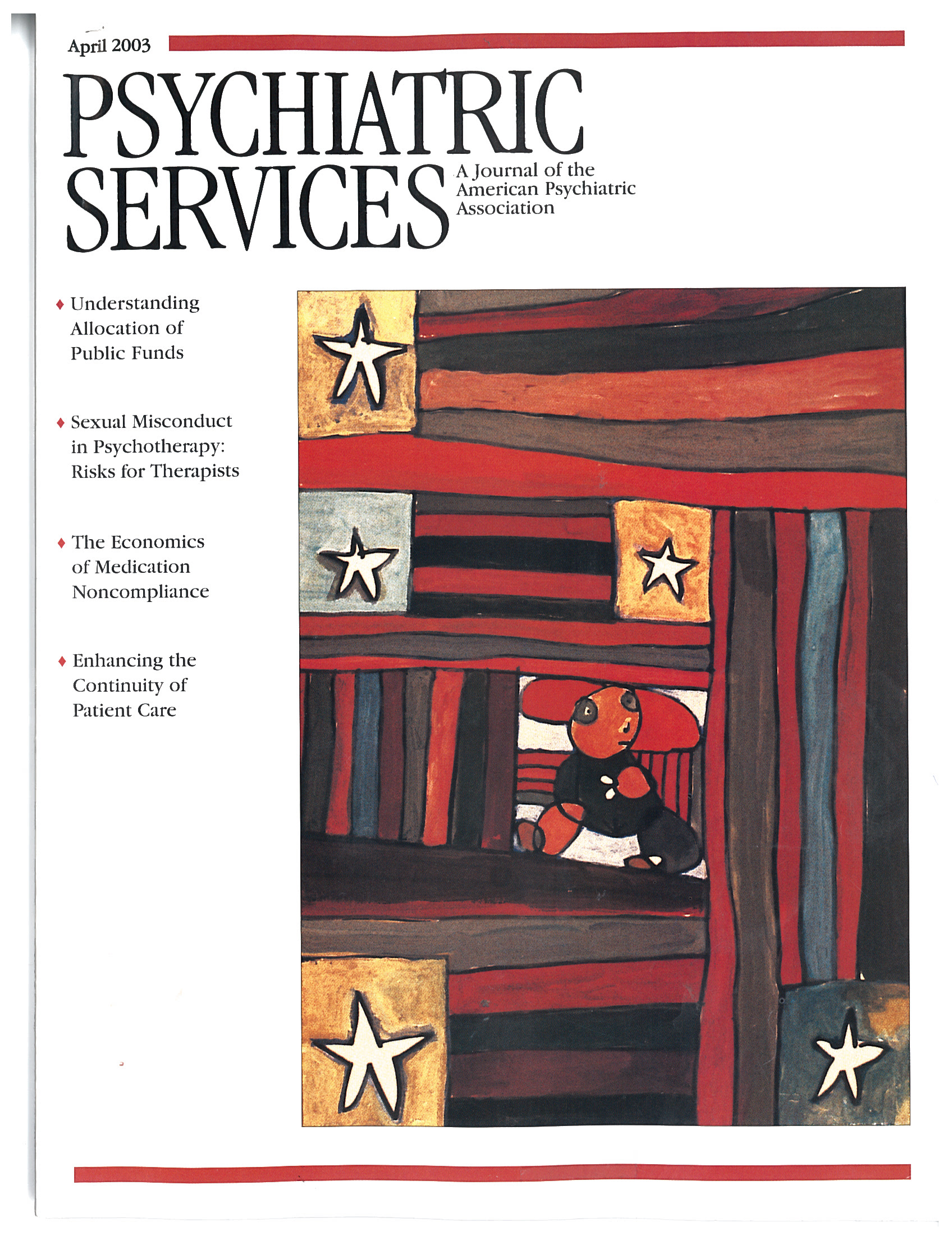The two books reviewed here are an excellent complement to one another. Each has its strengths and shortcomings, but, taken together, the books will likely satisfy a wide range of interests and needs pertaining to important and contemporary issues surrounding performance evaluation and outcome measurement in mental health practice.
The basic premise of both books is that mental health practitioners must increasingly be accountable to a number of stakeholders for the quality of care, ranging from oversight organizations to payers and patients themselves. Although there are many aspects or domains of quality, perhaps none is more important than evaluating the actual impact and hence value of care. From the more theoretical and academic work by Waguih W. IsHak, M.D., and associates to the more hands-on and practical volume by Benjamin M. Ogles and colleagues, these two books provide the reader with background and conceptual understanding as well as practical solutions to the challenges of implementing outcome measurement systems in practice.
Outcome Measurement in Psychiatry: A Critical Review is organized into three major sections: a review of the fundamental issues and concepts in process management and quality improvement, a review of a range of instruments, and an examination of current practice and future challenges. The third section is interesting in the range of topics it covers, including such issues as resistance to outcome measurement, the role of technology, training needs, and innovations. The authors of all the chapters are scientific and clinical leaders in the field, and each chapter reflects the richness of their experience and knowledge.
The second section comprises the bulk of the book—14 of 25 chapters—and is devoted to an in-depth analysis of outcome measurement strategies and instruments organized by patient characteristics, including age and diagnosis. Each of these chapters provides a relatively exhaustive inventory and review of a range of scales, instruments, and measures specific to the particular patient focus. However, because each chapter is written by a different group of authors, all the chapters have a somewhat different structure, style, and analysis. Each chapter is authoritative and well referenced. And although each one is thorough, ready comparison from chapter to chapter is not easy; the book might have been more useful had each chapter followed a set outline or format.
The book has an appendix that includes examples and samples of many commonly used outcome measures. In addition, the index allows for quick identification of all the measures discussed in the various chapters. Although the book is, on balance, geared more toward the academician, researcher, policy maker, or administrator with a focus on systems of care and populations, it is a valuable resource for anyone in the field who is interested in the difficult methodologic and technical issues related to outcome measurement and reporting.
By comparison, Essentials of Outcome Assessment is, as promised on the cover, "a practical guide for selecting and utilizing assessment measures" in everyday clinical practice. Part of a series edited by Alan S. and Nadeen L. Kaufman and intended to efficiently provide the practitioner with essential and useful information, this book is geared specifically toward the outpatient therapist who wishes to make outcome measurement a regular part of clinical work. The book is written as a workbook type of text. Each chapter is peppered with callout boxes and margin notes containing reminders, cautions, tips, and quick references, followed by a self-assessment quiz of eight to ten multiple-choice questions with answers.
This book begins with a broad overview of possibilities and moves on to specific strategies and techniques that are useful in daily practice. The book's approach is to first consider global measures, then specific or targeted measures, and finally the person-centered individualized assessment of outcome. An interesting discussion of the potentials and pitfalls of goal attainment scaling will be particularly useful for readers who are interested in the problem of evaluating recovery-oriented outcomes. Instruments and measures that are discussed and evaluated also include information about scoring, availability, cost, and purchasing.
In addition to providing help with the selection of measures, Essentials of Outcome Assessment goes on to assist the practitioner in setting up data collection procedures as well as looking at how to use outcome data to inform practice, including the tracking of client progress from session to session. In fact, the book is dedicated to the late Kenneth Howard, who pioneered this approach to evaluating the efficacy, effectiveness, and quality of psychotherapy. Finally, the book includes several case examples of the use and utility of outcome measurement in clinical care.

